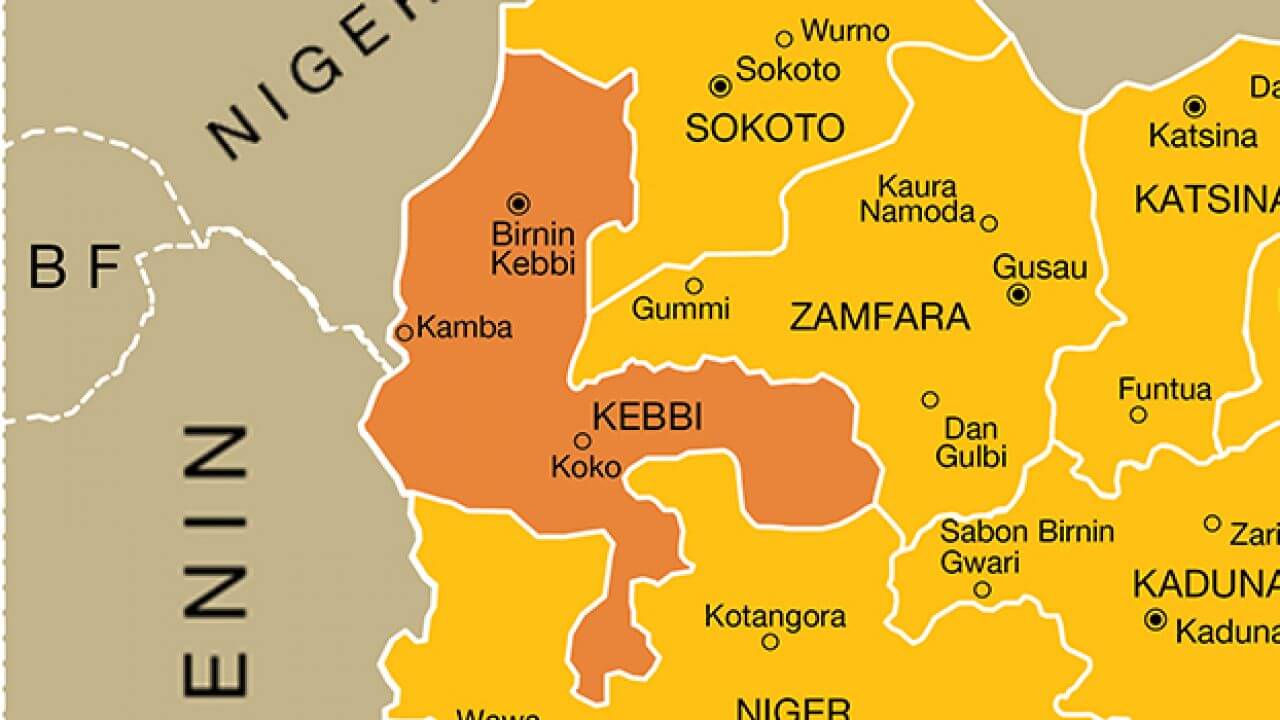Microsoft Cuts 650 Jobs at Xbox Amid Acquisition and Restructuring Plans
Following its £54.3 billion merger with Activision-Blizzard, Microsoft is announcing additional cuts to its gaming division, building on a big round of cuts in January and studio closures in May.
In the wake of the $69 billion acquisition, Phil Spencer, the unit leader, informed employees in a memo seen by AFP that the company is seeking to “organise our business for long-term success” by eliminating primarily corporate and support functions across Microsoft Gaming.
The UK competition watchdog conducted a thorough examination into Activision-Blizzard, the gaming business behind Overwatch, World of Warcraft, and Call of Duty, and Microsoft acquired it last October due to worries that it might distort the game industry.
Since then, Microsoft has closed four game studios it had acquired before its Activision transaction and fired off 1,900 employees in January.
The labour union Communications Workers of America (CWA), which represents people in the video game business, described the layoffs as “extremely disappointing,” especially because they followed the announcement of 220 layoffs by Sony Interactive Entertainment subsidiary Bungie in July.
Spencer further stated that workers impacted by the layoffs in the US will get severance pay, extended healthcare benefits, and outplacement services, while workers in other nations would receive assistance under regional labour regulations.
He restated that the goal of the reorganisation is to better allocate the company’s resources to foster the expansion of its gaming division.
Globally, the gaming industry has seen massive employment losses, and cuts have been announced by big names like Sony and Unity.
We earlier reported that Samsung Electronics is reportedly planning to slash up to 30% of its workers outside of its home market of South Korea, with the cuts due to take effect by the end of the year.
According to people acquainted with the situation, the South Korean internet behemoth has sent directions to its subsidiaries around the world, telling them to reduce their sales and marketing personnel by approximately 15%, while administrative functions may see layoffs of up to 30%.





